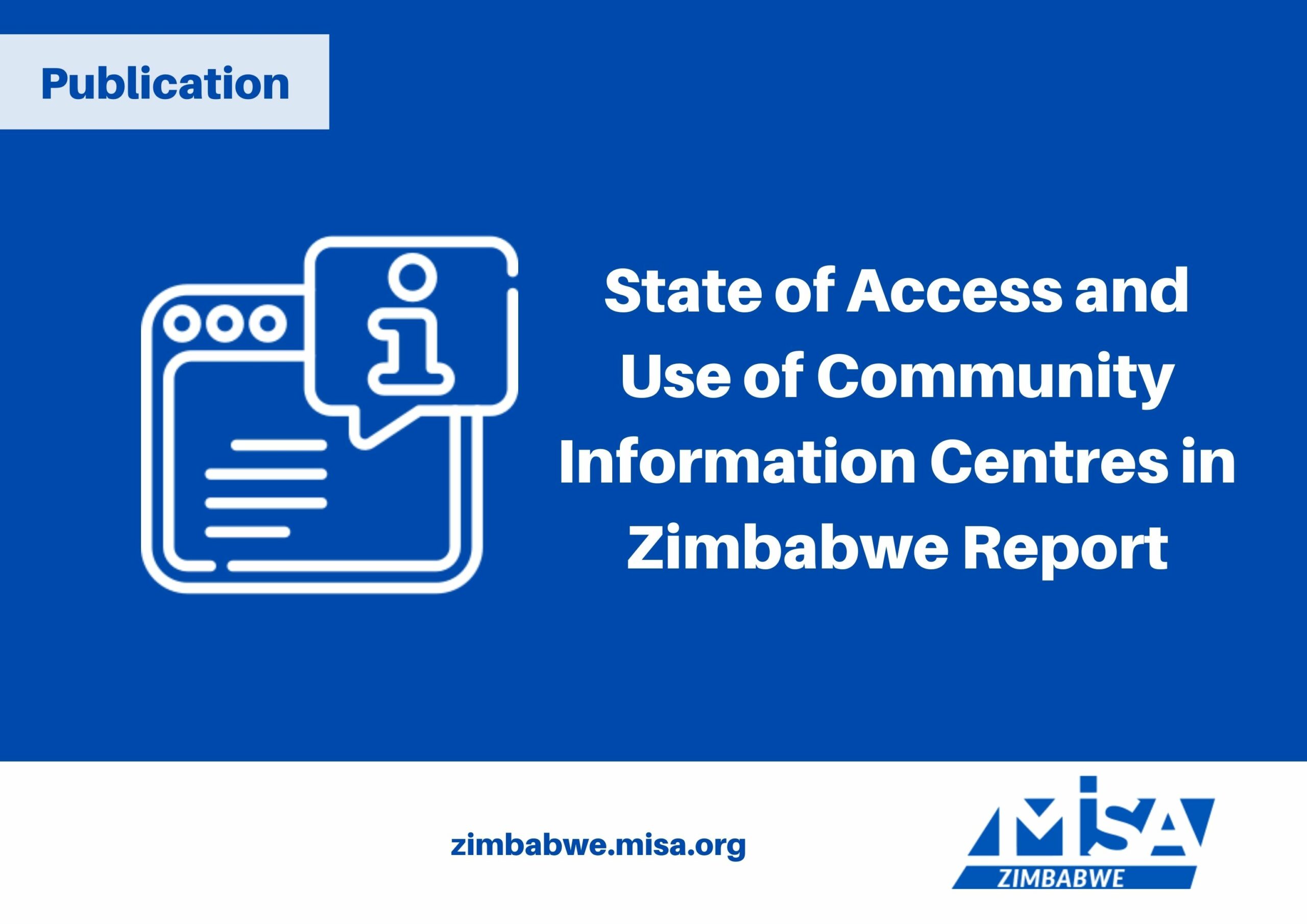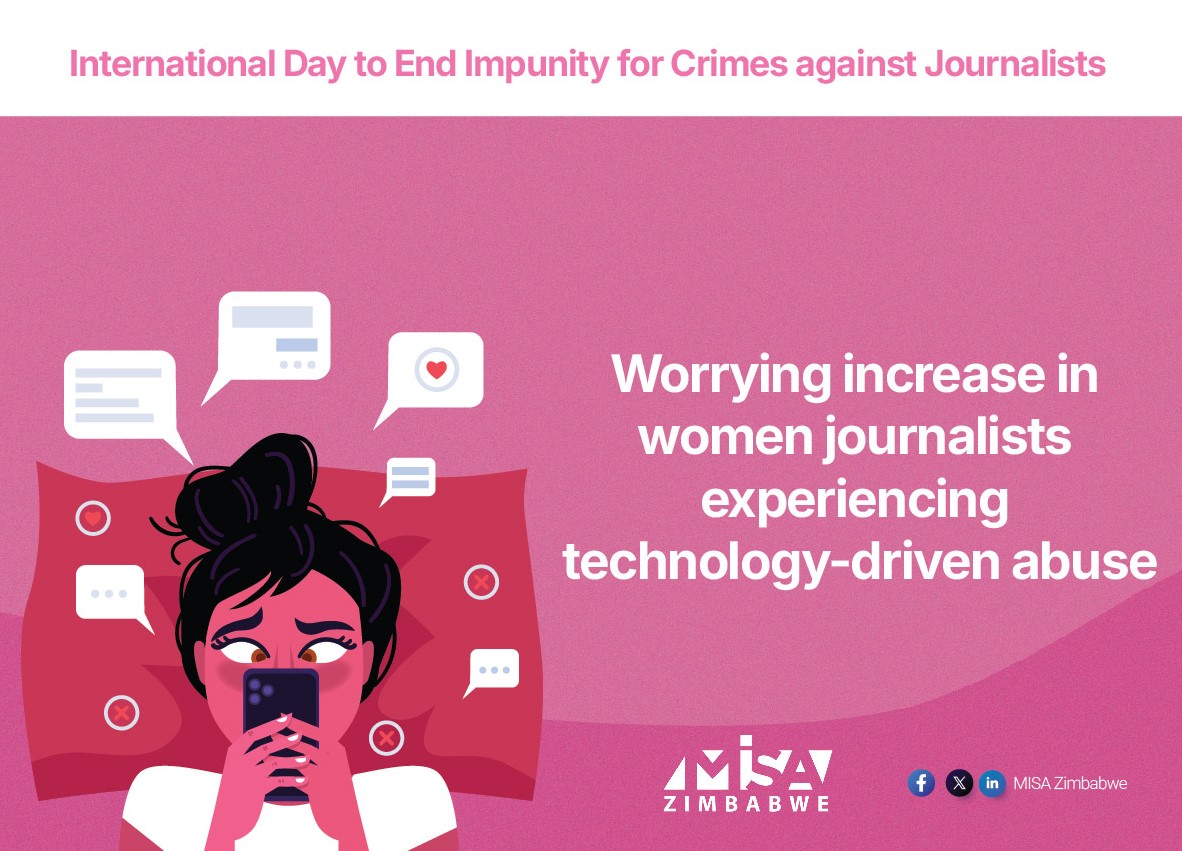This report presents a study on: The State of Access and Use of Community Information Centres (CICs) in Zimbabwe. Community Information Centres are centres in rural and marginalised communities that are equipped with digital technologies such as computers, internet access, printing and photocopying, faxing, scanning, laminating and gaming services. These have become new ways in developing countries of providing telecommunication services and digital technologies to communities that have been left out. They also provide opportunities for governments bridge the digital divide while subsequently creating systems that improve public service delivery in rural and marginalised communities. This is achieved by providing citizens with access information which further facilitates their participation in government’s decision-making process. In Zimbabwe, CICs have been established in different parts of the country and this report focuses on the state of access and barriers to usage of CICs in Zimbabwe and provide recommendations on how best to make CICs more accessible, effective and relevant.
Click this link to download the report












